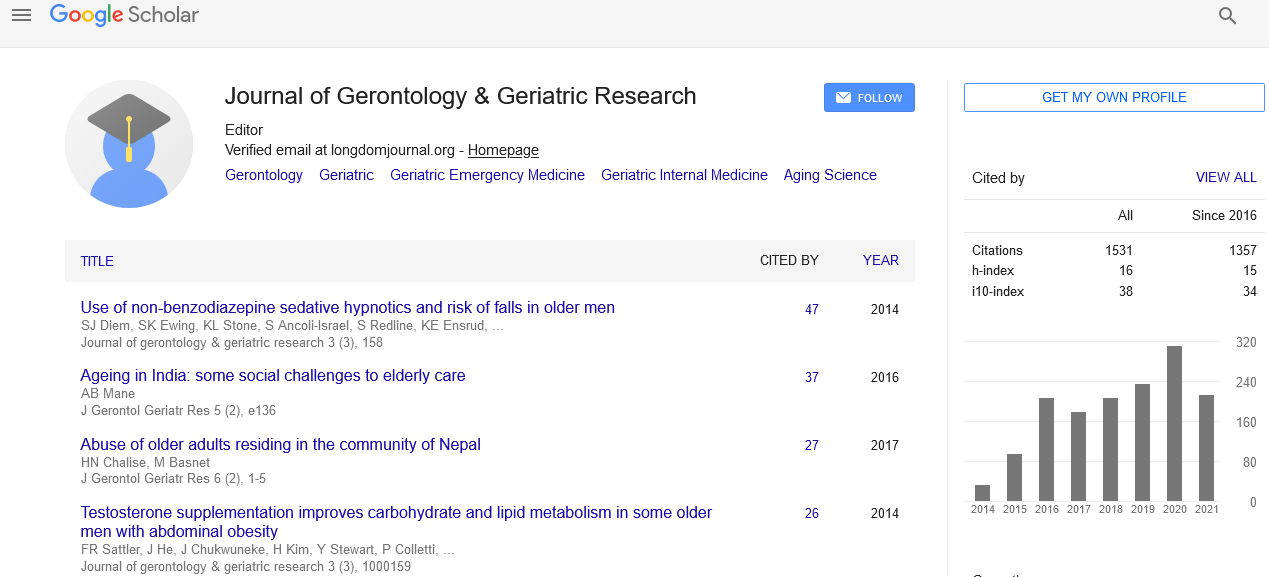PMC/PubMed Indexed Articles
Indexed In
- Open J Gate
- Genamics JournalSeek
- SafetyLit
- RefSeek
- Hamdard University
- EBSCO A-Z
- OCLC- WorldCat
- Publons
- Geneva Foundation for Medical Education and Research
- Euro Pub
- Google Scholar
Useful Links
Share This Page
Journal Flyer

Open Access Journals
- Agri and Aquaculture
- Biochemistry
- Bioinformatics & Systems Biology
- Business & Management
- Chemistry
- Clinical Sciences
- Engineering
- Food & Nutrition
- General Science
- Genetics & Molecular Biology
- Immunology & Microbiology
- Medical Sciences
- Neuroscience & Psychology
- Nursing & Health Care
- Pharmaceutical Sciences
Abstract
Case Report: Treatment Resistant Ipilimumab Related Colitis in an Elderly Metastatic Melanoma Patient
Nicolas Maréchal, Sofie Wilgenhof, Bart Neyns, Veerle Morlion, Daniel Urbain, Tony Mets and Ingo Beyer
Background: Ipilimumab is a fully humanized monoclonal antibody against cytotoxic T-lymphocyte-associated antigen 4 (CTLA-4). In 2010, ipilimumab became the first systemic therapy to improve the overall survival of patients with advanced melanoma in two randomized phase III clinical trials. Related to its immune-cell activating mode of action, ipilimumab therapy is associated with a spectrum of immune-related adverse events (irAEs), most commonly located at the skin and gastrointestinal tract. IrAEs are managed by withdrawal of ipilimumab and early administration of high-dose corticosteroids. Ipilimumab-related colitis, refractory to corticotherapy has been reported to respond readily to treatment with the anti-tumor-necrosis-factor monoclonal antibody infliximab.
Case report: We describe a case of severe ipilimumab-related colitis in an elderly patient with metastatic melanoma, responding neither to high-dose corticosteroids, nor to infliximab, and resolving only after the washout of ipilimumab. Several complications related to immunosuppression were encountered during this period including recurrent urinary tract infections, herpes simplex stomatitis, pneumonia, oropharyngeal candidiasis, and catheter septicaemia.
Conclusion: Now that immunotherapy for cancer becomes available also for the older patient, irAEs will be more frequently encountered by geriatricians. Although the treatment guidelines remain unchanged for older patients, our case demonstrates that older patients may not react easily to standard treatment. Early diagnosis of the irAEs and prompt withdrawal of ipilimumab are essential. Hence, geriatricians may have to play a crucial role for optimal management of these patients.


